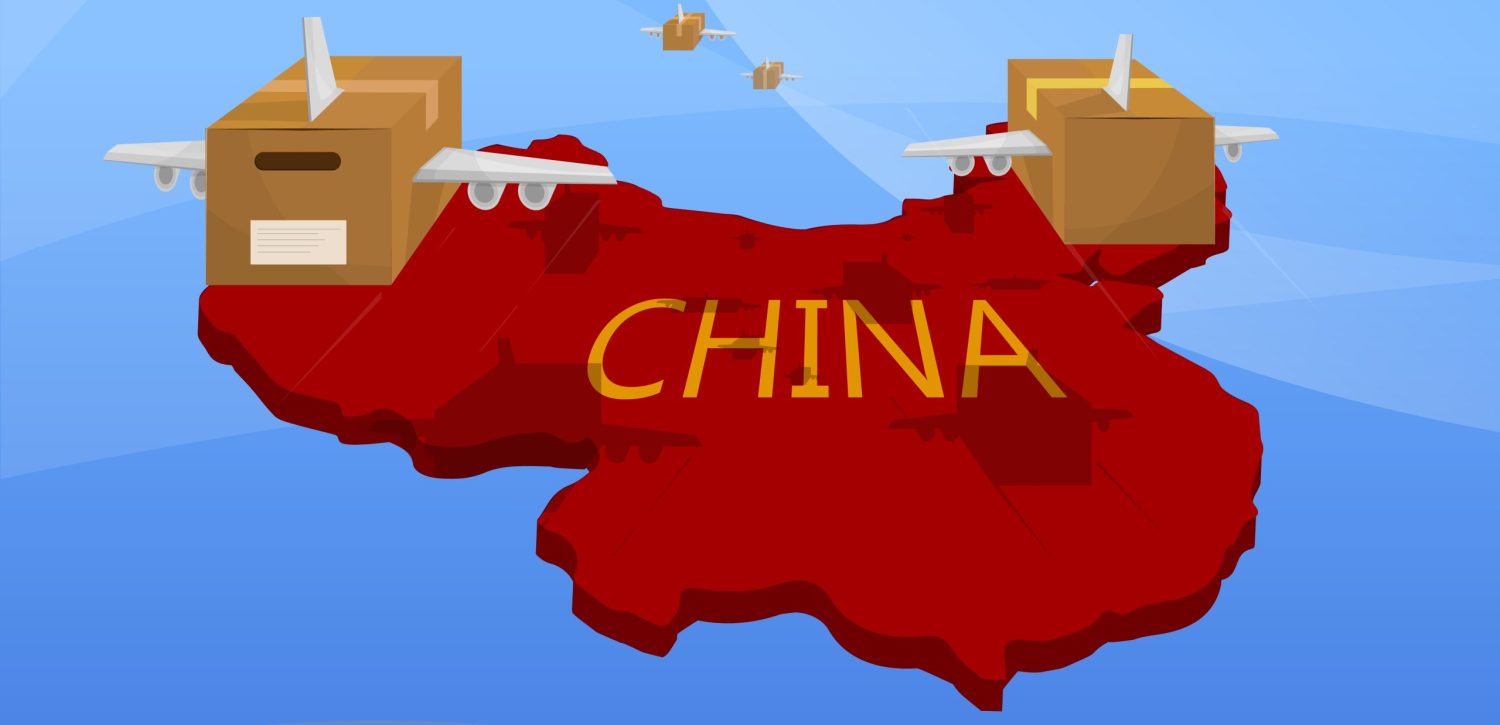A Guest post by Liselore Kolff

In today’s interconnected world, supply chains form the backbone of international business. Products are rarely designed, made, and sold within the same country. A smartphone, for example, may be designed in California, assembled in China, and sold across Europe. This global nature of supply chains brings incredible efficiency and reach—but also significant sustainability and compliance challenges.
As businesses navigate increasingly complex global networks, sustainability is no longer a “nice-to-have.” It has become a core business priority, driven by customer expectations, investor scrutiny, and rising regulatory requirements. Especially in markets like China, which is advancing ambitious sustainability policies as part of its net-zero trajectory.
Why Supply Chains Matter in Sustainability
When companies assess their environmental footprint, many focus on what they can control directly, such as energy use or business travel. However, studies show that Scope 3 emissions, indirect emissions from upstream and downstream supply chain activities, often account for the majority of a company’s carbon footprint. These include emissions from raw material extraction, transportation, and manufacturing carried out by suppliers.
In other words, a company’s most significant sustainability impacts may lie outside its direct operations.
The Growing Pressure for Compliance
Governments around the world are increasing compliance demands, and China is no exception. The country has committed to reaching peak carbon emissions before 2030 and achieving carbon neutrality by 2060. To get there, they are introducing stricter environmental policies and industry-specific standards. This is especially relevant for international companies sourcing from or manufacturing in China.
Compliance is not just about following local rules, it’s about preparing for global scrutiny. Despite discussion on omnibus, ESG opposing state positions in the USA, there are multiple legal frameworks, e.g. Carbon Border Adjustment Mechanisms (CBAM) which do expect you to show emission reduction measures for companies and supply chains. The reduced targets need to be seen as delayed implementation requests as the final deadlines have not shifted, meaning a shorter period for implementation. Better to start somewhere and with something in anticipation of future requirements.
Climate Disruptions: A Wake-Up Call
The frequency of climate-related disruptions is increasing. In recent years, extreme weather events (floods, heatwaves, droughts) have severely impacted logistics, raw material availability, and production timelines.
Therefore, we see a need for adaptation strategies. Forward-thinking businesses are performing supply chain risk assessments to identify climate-related vulnerabilities and build resilience. These assessments help companies to identify high-impact areas to build a system to know what you influence directly and indirectly, to understand the impact of your suppliers’ suppliers.

Collaboration Across the Value Chain
Sustainability cannot be achieved in isolation. Collaboration with suppliers, logistics providers in China, and local stakeholders is key.
Supplier engagement is one of the most powerful levers for improving supply chain sustainability. By working closely with Tier 1 and Tier 2 suppliers, those directly involved in production and their sub-suppliers, companies can encourage adoption of environmental, social, and governance (ESG) practices. This can include for example developing sustainability roadmaps together.
Circular practices are another impactful approach. This involves integrating recycled materials into products, designing for reuse or disassembly, and minimizing waste throughout the product lifecycle. Circularity not only reduces environmental impact but can also help companies differentiate their brand and manage material cost volatility.
The Role of Governance
Strong governance is key for any successful sustainability strategy. It ensures that decisions are aligned with both company values and external expectations.
Governance encompasses everything from board oversight and executive accountability to internal controls and compliance processes, and effective supply chain management. It answers critical questions: Are we disclosing sustainability performance transparently? Are we managing supply chain risks effectively?
Companies with robust governance structures are better positioned to: make ethical decisions, earn stakeholder trust and public credibility, meet rising expectations of regulators, consumers, and investors and win contracts where buyers request proof of ESG strategies.

China’s Strategic Role
China’s manufacturing strength makes it central to global supply chains. At the same time, its sustainability agenda places it at the heart of the world’s transition to a low-carbon economy.
International companies looking to operate in or source from China must understand this dual reality. Success in the Chinese market increasingly depends on aligning supply chain practices with national and global sustainability trends.
This means going beyond checking boxes. Companies must work with local partners to build transparent, climate-resilient, and socially responsible supply chains.
Conclusion: From Compliance to Impact
Sustainability in supply chains is no longer an abstract goal – it’s a strategic necessity. The risks of inaction are high: regulatory penalties, reputational damage, operational disruptions. But the benefits of proactive action are even greater: resilience, efficiency, trust, and long-term growth.
By integrating sustainability into supply chain strategies through collaboration, governance, and adaptation companies can not only meet compliance requirements but also drive meaningful impact in China and beyond.
About the author
Liselore is a Strategic ESG advisor at EQOLOGIC® and has over a decade of experience in consulting (ex-Deloitte) and industry. She is experienced in leading cross-functional teams within finance, governance and change management, supply chain and hands-on project experience, including being the project manager lead for COP26 at Deloitte. Her latest certification is International Sustainable Business Specialist Level II, IASE.
EQOLOGIC® is an advisory company that uses a hybrid approach leveraging systemic, operational and regulatory consulting, with the goal to return the environmental system to stability and sustainability. We access a problem both from a company and an environmental system viewpoint – flows and feedback flows should result in a positive (balancing) impact for the environment. We offer support to businesses to achieve this by applying a systems thinking model.



